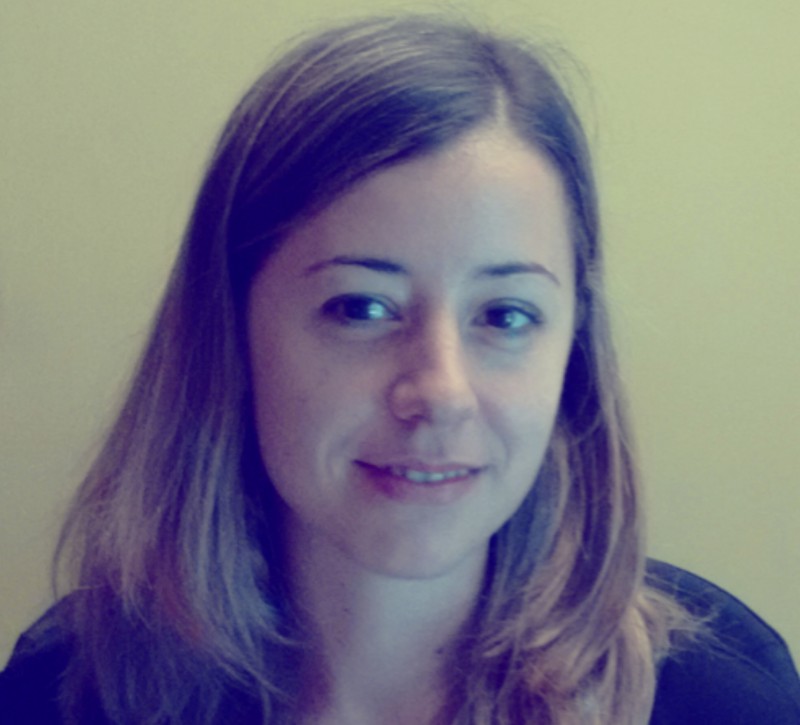KLI Colloquia are invited research talks of about an hour followed by 30 min discussion. The talks are held in English, open to the public, and offered in hybrid format.
Spring 2026 KLI Colloquium Series
Join Zoom Meeting
https://us02web.zoom.us/j/5881861923?omn=85945744831
Meeting ID: 588 186 1923
12 March 2026 (Thurs) 3-4:30 PM CET
What Is Biological Modality, and What Has It Got to Do With Psychology?
Carrie Figdor (University of Iowa)
26 March 2026 (Thurs) 3-4:30 PM CET
The Science of an Evolutionary Transition in Humans
Tim Waring (University of Maine)
9 April 2026 (Thurs) 3-4:30 PM CET
Hierarchies and Power in Primatology and Their Populist Appropriation
Rebekka Hufendiek (Ulm University)
16 April 2026 (Thurs) 3-4:30 PM CET
A Metaphysics for Dialectical Biology
Denis Walsh (University of Toronto)
30 April 2026 (Thurs) 3-4:30 PM CET
What's in a Trait? Reconceptualizing Neurodevelopmental Timing by Seizing Insights From Philosophy
Isabella Sarto-Jackson (KLI)
7 May 2026 (Thurs) 3-4:30 PM CET
The Evolutionary Trajectory of Human Hippocampal-Cortical Interactions
Daniel Reznik (Max Planck Society)
21 May 2026 (Thurs) 3-4:30 PM CET
Why Directionality Emerged in Multicellular Differentiation
Somya Mani (KLI)
28 May 2026 (Thurs) 3-4:30 PM CET
The Interplay of Tissue Mechanics and Gene Regulatory Networks in the Evolution of Morphogenesis
James DiFrisco (Francis Crick Institute)
11 June 2026 (Thurs) 3-4:30 PM CET
Brave Genomes: Genome Plasticity in the Face of Environmental Challenge
Silvia Bulgheresi (University of Vienna)
25 June 2026 (Thurs) 3-4:30 PM CET
Anne LeMaitre (KLI)
KLI Colloquia 2014 – 2026
Event Details

Topic description:
In this paper I analyze the usefulness and value of the concept of natural kind for understanding classification methods and practices in science. I seek to evaluate how this concept and others closely connected to it, such as real kind, natural kindhood and naturalness, have contributed to our comprehension of ways of classifying in science. Philosophical analysis and discussion of scientific classificatory practices and methods is intimately connected with “natural kind talk.” Hence, this work aims to make the implications of introducing such vocabulary explicit, insofar as they affect that philosophical analysis.
It is difficult to say just what “natural kind” actually means and what such kinds really are in this debate; there is a clear lack of consensus among authors concerning these issues. Thus, the first part of this work is devoted to develop an analysis of the debate concerning natural kinds, in which three realist conceptions of these kinds (unitarian, integrative and promiscuous) and two skeptical positions (epistemic and radical) are identified.
This lack of consensus concerning the meaning of these terms goes beyond the difficulty of understanding what is to be a natural kind. Recently, Hacking called into question the value of any natural kind concept at all; even though many authors see no place in the debate for such doubts. Thus, Hacking’s skeptical position brings with it the challenge of evaluating the utility of the concept for different purposes. Making use of the former analysis about this debate, I shall examine the common uses of the concept natural kind in philosophy of science in order to determine which functions or roles are attributed to it. And then I will evaluate whether these conceptions of natural kinds satisfies the role or function assigned to it in different contexts. I will argue that the utility of the concept is exaggerated and that the use of such vocabulary for understanding methodological issues in science tends to oversimplify and its inadequate. Consequently, I suggest to replace current natural kind vocabulary by terminology more focused on pragmatic and epistemological considerations, in order to enrich the framework within which we analyze methodological issues.
In the second part of the talk I shall illustrate the convenience of avoiding “natural kind talk” for the philosophical investigation on scientific categorization by presenting a research that aims to analyze the heuristic role that the existing definitions of life may play for guiding scientific research programs. In particular, it intends (1) to investigate and make explicit the criteria according to which a given definition of life constitutes a relevant and useful epistemological tool; (2) to assess the relations between (as well as the strengths and weaknesses of) the different existing definitions (spanning from evolution to organization oriented ones); and (3) to determine the relevance of defining life for different scientific disciplines and research programs. One crucial question that underlies these objectives is whether or not “life” can be conceptualized as a category.
Biographical note:
Alba Amilburu did a BA in Philosophy at the University of Bologna and graduated in Philosophy at the University of the Basque Country. After finishing her undergraduate studies she pursued a Master’s degree in “Philosophy, Science and Values” at the University of the Basque Country in coordination with the UNAM where she did a research about the semantics of natural kind terms. She was a Predoctoral Fellow at the IAS-Research Centre for Life, Mind and Society (University of the Basque Country) and received her PhD in Philosophy of Science. In her dissertation she critically analyses the contribution of the notion of natural kind for understanding classificatory practices in science. Her current line of research focuses on philosophical problems related with the definition and conceptualization of life in current biology.


